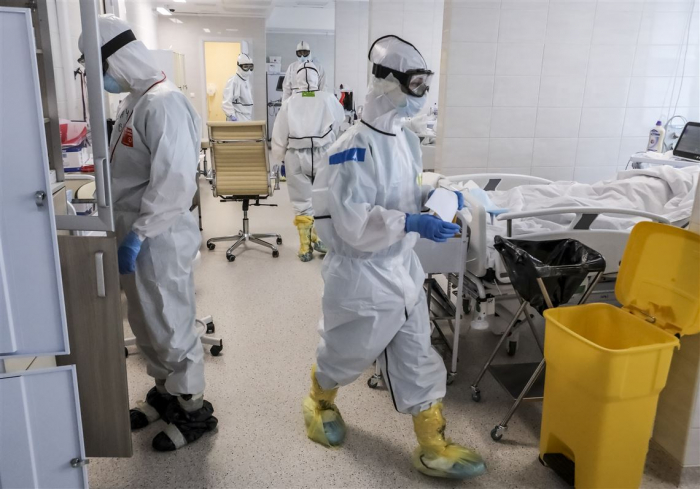The global COVID-19 pandemic has entered its third year. What started out as an outbreak, morphed into a pandemic has now become the new normal and is likely to continue. But how the pandemic has changed after two years?
More countries are shifting toward a return to normal and learning to live with the virus. Safe, effective vaccines have been developed and there's a better understanding of how to treat people infected by the virus.
Two years after the pandemic began, questions remain about the coronavirus. But experts now know a lot more about how to keep it under check.
The virus is mainly airborne and spreads when an infected person exhales, talks, coughs or sneezes. This is why the health officials push for the use of masks and ventilating spaces, instead of focusing on advice to wipe down surfaces as they did early on.
The treatment has also evolved for people who get sick or need to be hospitalized. Among the options are antivirals, such as the drug remdesivir, or newer pills from Pfizer and Merck; anti-inflammatory drugs, including steroids; and depending on what variant is circulating, lab-made antibodies to tackle the virus.
"The world has watched us learn in real-time how to treat COVID-19," said Neil J. Sehgal, an assistant professor of health policy and management at the University of Maryland School of Public Health.
COVID-19 vaccines were also developed in record time. As of early March, 10 vaccines have been cleared for emergency use by the World Health Organization.
Still, COVID-19 vaccines inequality has been a challenge despite an international effort to deliver shots more fairly and misinformation has fueled hesitancy.
And there’s still much left to learn. Studies are underway to better understand long COVID-19, which can persist for months after initial infection. And scientists are on the lookout for the next fast-spreading variant.
"Eventually every country will have to learn to live with COVID," said Sehgal.
More about:
















































